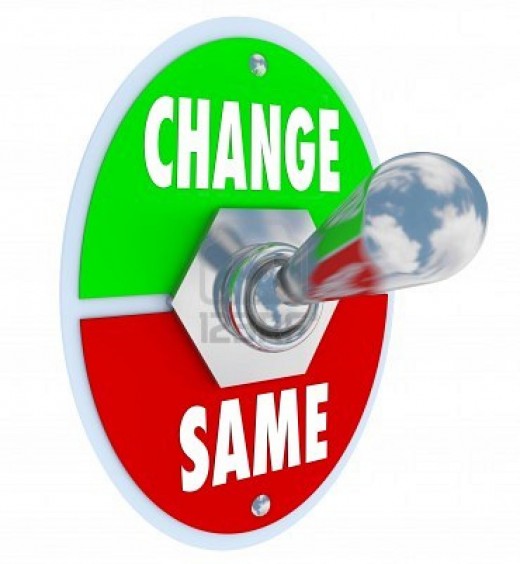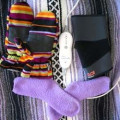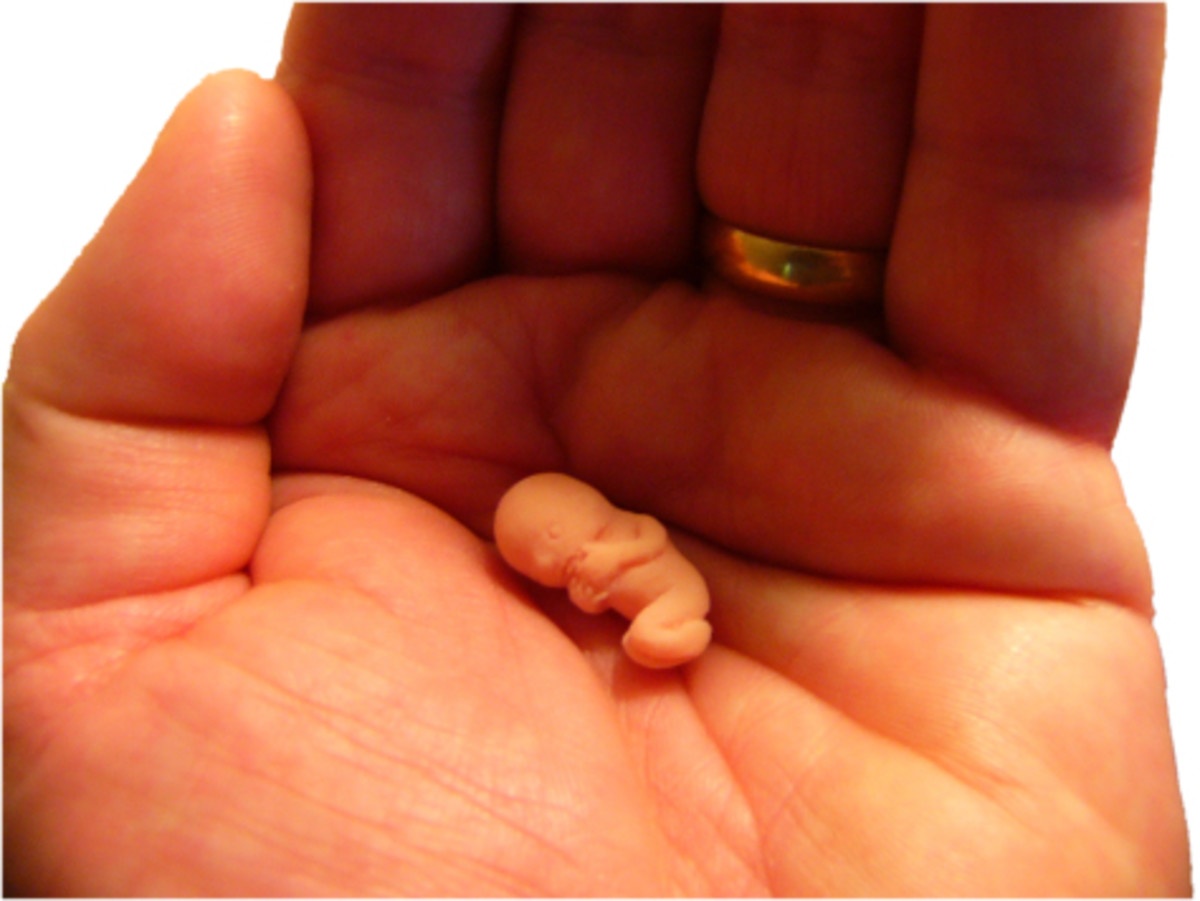To Change Or Not To Change: That Is The Question

To Change Or Not To Change: That Is The Question
June 27, 2013
Winston Wayne Wilson
@wwaynewilson
On any given day, we all have the capacity to wake up, look ourselves in the mirror and say, “From this day forward, I will be different than I was yesterday.” We also have the capacity to believe ourselves and actually change. In those rare moments, that self-inflicted commitment to instantly change can be a powerful thing. Most people probably think that change must be inspired by some kind of cataclysmic upheaval, like a near-death experience, or be shoved down their throats, like the onslaught of massive corporate changes. Not true. The inspiration for change can be far more subtle and less dramatic than that.
Let me introduce you to “epiphany”. No, epiphany is not a sister of Tiffany or Ebony. Epiphany is a sudden aha moment when a passing thought, word, or déjà vu experience provides us with a missing link – a moment of clarity in which we instantly recognize that it is time for change.
Change gets a bad rap. At work, change is the six-letter rejected word that employees cringe at when they hear that it is coming. They think that it is a precursor to more work, more meetings, more red-tapes and maybe the loss of their jobs. In a relationship, the utterance of the words “Things really need to change…” is interpreted as a harbinger to the end of that relationship. When change is approaching, the air becomes filled with tension – as in the change of presidents, change in organizational policies and procedures, change of a job, or even the change in the ownership of your bank.
In many ways, however, change is a daily choice. So is the decision to keep things the same. We don’t recognize that we are making these choices, on a daily basis, because most of us have the lever stuck on “same”, since we like to maintain the status quo. “Status quo” is a sexy phrase that sounds French. Perhaps we eschew change and become obsessed with the status quo because it reminds us of croissants, baguettes, Burgundy wines and a nice stroll down the streets of Paris. But behind that frou-frou, shi-shi sounding phrase is a dark veil that keeps us blinded from the boundless possibilities that change might bring.
I love bread. Whenever I go to a restaurant, by the time I finish eating all the bread, I’m ready to say “Garçon, check, please” and go home. But, and I am quoting irreverently here, “Man shall not live by bread alone”. We need fruit, vegetables, protein, water and other essentials, too. Bread, as much as I love it, does not provide me with the range of nutrients that I need. Status quo is like bread – it, too, provides limited nourishment. Change can provide us with the variegated nutrients that we need. Nutrients represent those new experiences that give us a fresh perspective and a renewed purpose.
Many people fear change more than death. I happen to be on the opposite side of the spectrum: I tend to thrive on change, mostly because I learn from change more than I learn from things being the same. When we find ourselves in an endless cycle, where today looks like yesterday and tomorrow will look a lot like today, then we are either stable or disabled. Stable, if our yesterday, today and tomorrow are full of everything we desire. Disabled, if our yesterday, today and tomorrow are full of failed attempts at achieving our dreams and attaining our personal best.
By the way, even when we are stable, change is still a great way to infuse fresh energy and insight into our lives. Sometimes being stable is good and sometimes being stable is stifling. If it is stifling, then we might consider changing something about our lives. At work, for example, we could take on more challenging assignments, establish relationships to help us to better navigate the organization or explore our career options to see what we are worth in the current market place. In our personal lives, we could try to do something outside of work, make new friends, find a new hobby, get involved with the community, or learn a new language.
The key is that change is critical because none of us are ever quite “there”. Here’s a great line from the 2007 movie Wild Hogs: “You know, you can never let life get too stagnant or too safe.” That is a great mantra that I use as an ongoing reminder to not rest on my laurels or let my life become too stagnant or safe.
So, if you wake up today and epiphany dusts your eyes with clarity and inspires you to change something, here is a list of 8 things you can choose from:
- Your mindset. Your mindset is a terrific thing to consider changing. In her book, “Mindset”, Carol Dweck, Stanford University Psychologist, talks about having a fixed mindset vs. a growth mindset. Success is inspired by a growth mindset in which we see ourselves as fluid, or evolving, and we actively seize opportunities to learn and to grow. With a fixed mindset, we think that the status quo governs everything and that it is futile to challenge the system because “it is what it is” and we simply cannot do anything about it. Henry Ford says it best, “Whether you think you can, or whether you think you can't, you're right.” Hence, it is worthwhile to change your mindset from being fixed, to being more growth oriented, so that you can attract greater success.
- Your skillset. In my previous article on career limiting moves, I mentioned that you become marketable when you possess marketable skills. Accordingly, when you want to change your life, changing your skillset is a great way to do it. As a reminder, marketable skills typically include: technical, industry, leadership, communication, negotiation, conflict management, time management, project management, systemic/strategic thinking, people management, decision making, and self/emotions management. Pick a skill that you are missing and commit to adding it to your skillset.
- Your heart. Another thing to consider changing is your heart. Having a change of heart about a person can be a good thing. Sometimes we misjudge people and we forfeit the opportunity to get to know them better. Or, someone may have harmed us and we are still unable to forgive them. Maybe today is the day to re-consider that relationship and have a change of heart.
- Your soul. Changing your soul involves changing the energy that emanates from it. If your energy has been a little negative lately, you might want to consider changing it. Start by filtering out the toxic emotions you are feeling about your life or about other people. Infuse some gratitude, forgiveness, patience and tolerance into your life. Also, begin to surround yourself with more people who radiate positive energy.
- Your inner circle. If your inner circle, of friends and family, has become cluttered and toxic, then you should change it. Use the Quadrant Theory, which I shared in a previous article, to identify the Advocates who you want to take up permanent residency in your inner circle. Then filter out the people who are Leeches, Merciless Critics and Discriminators in your life.
- Your outer circle. Your outer circle represents the colleagues and other constituents who you need to network with in order to become more successful. If there is no one, or there are insufficient influential people, in your outer circle, then you need to change that. In yesterday’s article, I talked about not being afraid to solicit help because you can change your life by leveraging other people’s hands. Making a greater effort to expand your outer circle might just trigger the change you need.
- Your personal space. If you cannot see the forest from the trees, when you open your front door and walk into your personal space, then maybe it’s time to change it. Move things around to create better egress; open up some windows to bring in fresh air and light; clean your space; paint a wall; and donate unwanted items (and perhaps a few wanted ones, too) to charity. A clean and uncluttered physical space also de-clutters your mind.
- Your community space. If you find yourself being too inwardly focused, then maybe it is time to get more involved in your community so that you can leave your mark on that space. Getting more involved in your community might also help you to change your focus frame and to gain some fresh perspectives. In particular, you will find that the things you worry about the most become inconsequential when you expand the range of your focus frame to include others in your community who need your help.
My challenge for you today is to determine what your lever is set on. If it has been set on “same” for as long as you can remember, maybe it’s time for a change. Be sure to pick one of the items above to consider changing. Enjoy your day.







